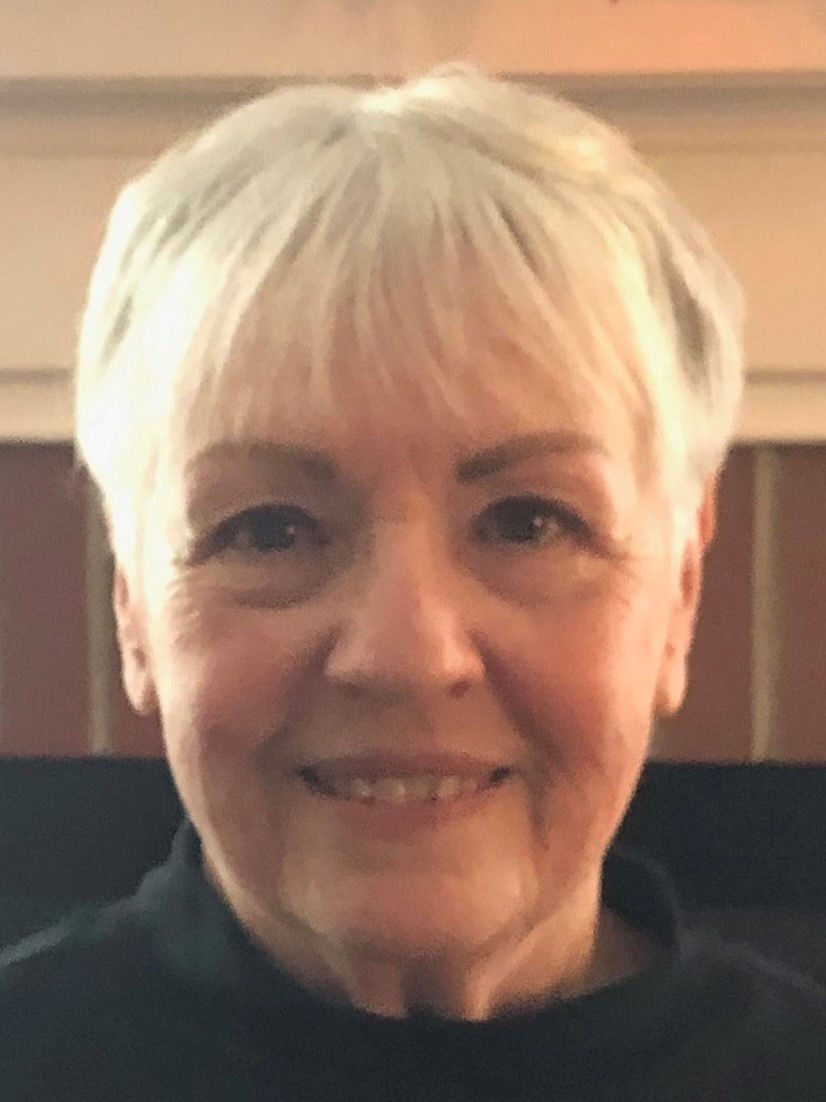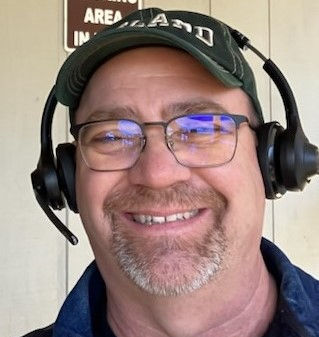Disaster Preparedness when Living with a Disability
- NEIA Red Cross

- Sep 19, 2023
- 4 min read
By Ashley Peterson-DeLuca
When Zach Mecham found that many local municipalities have disaster preparation plans and are challenged with accommodating people with disabilities, he knew he needed to act. Helping communities prepare for a disaster is one component of the Red Cross mission. The Red Cross routinely provides support in shelters for people with disabilities and access or functional needs. As a volunteer with the Nebraska-Iowa Red Cross and a power-wheelchair user, Mecham had the tools and knowledge to make an effective plan for himself, and he is passionate about sharing his knowledge.

“If I can’t rely on systems to be prepared for me, then I really need to be prepared myself,” says Mecham.
Char Ballard, a Nebraska-Iowa Red Cross volunteer with Volunteer Services living in Lincoln, Nebraska, who uses a prosthetic leg, says that “Everyone needs to be prepared for disasters. Disability or not, you just need to be ready.”
Folks across the country are feeling the effects of extreme weather — as deadly storms, devastating floods, raging fires and extreme heat become more common. Now is the time to prepare for these more frequent and intense weather events.
Ballard recommends for people with any disability to: “Start with a standard list and make changes for your own needs. Adapt, adapt, adapt. Think about what might give you trouble. Then make plans from that standpoint.”
For Ballard, it is all about being able to get around her home if she is alone. She maintains the standard emergency supplies like food, water and lanterns — and has a plan for common midwestern emergencies like tornadoes or a house fire.

“I can get downstairs pretty easily without my prosthesis, but once I reach my basement, I keep an old wheelchair because I need a way to get around,” says Char. “In case of a fire, I also have a plan for how to exit my home that doesn’t rely on waiting for help.”
Mecham’s priority is electricity.
“Those of us who rely on assistive technology need power. If it goes out, you need alternative ways to run everything,” says Mecham. “I have a few different options. I have a 200-watt solar panel, a gas generator and about three days’ worth of backup batteries. I can go at least a week without relying on grid power.”
He also has a plan in the case of a house fire: “I can’t get out of bed on my own. So, I have a clear plan, and I’ve communicated it with the rest of my household.”
If there’s a tornado, a common occurrence in the Midwest, he knows he can’t rely on being able to access a basement. He identified where his tornado shelter is and how to get there.
“Plan in advance. If you have a disability, you can’t always rely on systems to take care of you,” says Mecham. “The beauty of having a plan is that in a crisis you don’t have to rely on your wits.”
Disaster preparedness should always include an evacuation plan to a shelter. Think about items that must travel with you and how to get to a shelter. The Red Cross strives to make their emergency shelters as comfortable and safe as possible, while also ensuring that services are available to everyone who needs them. When a person comes to a Red Cross shelter, a worker will initiate a confidential conversation with them about any specific needs and how the Red Cross can assist them.

Red Cross volunteers can help someone move from a wheelchair to a chair or cot and replace damaged or lost durable medical equipment and assistive technology. The Red Cross also works with local community partners to identify services that might be needed in shelters and tap into those resources when necessary. And because stress can affect anyone, the Red Cross also has disaster mental health and spiritual care workers available to help people cope.
As Red Cross volunteers, both Mecham and Ballard work to make an impact in their communities. Ballard often works blood drives and is excited to be a new member of the Regional Diversity, Equity and Inclusion (DEI) Committee.
“There’s a place for everyone with the Red Cross. It doesn’t matter how much time you have or what you want to do, there is something for you,” says Ballard. “The Red Cross always paid attention if I needed something.”
Mecham, a professional storyteller who runs his own agency, uses his communications skills to amplify the work of the Red Cross through video.
“I’m a believer in service, in general, and that the best way to spend our time is helping others. I love that the Red Cross is dedicated to serving people when they need it most. I’m happy to be part of that,” says Mecham.
While Mecham has taken steps to make changes for himself and others, he urges municipalities to and organizations that work with people with disabilities to make inclusivity and accessibility priorities. With up to 27 percent of adults in the United States experiencing some type of disability, we must ensure that we don’t exclude critical members of the community.
More resources on preparedness
To join volunteers like Zach and Char in making a difference, visit redcross.org/volunteer.












Comments